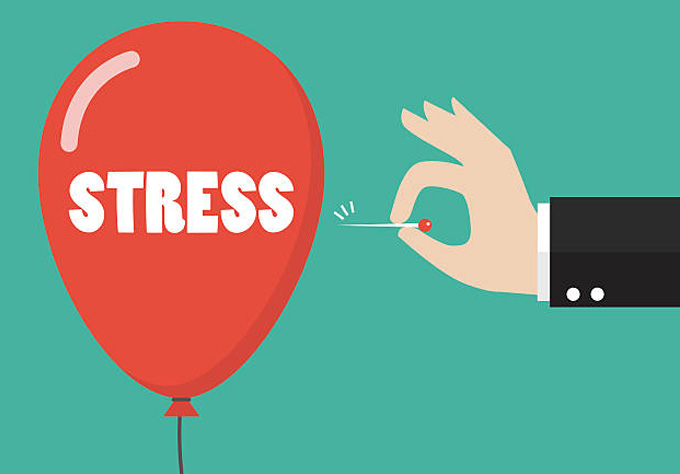Introduction
Stress. It’s a word we use almost daily - “I’m so stressed," “This week is stressful,” “Stress is ruining my sleep.” But what is stress really? And more importantly, what can you do when it starts to take over your life?
At Focus Point Counselling, we see stress not as something to fear—but something to understand and manage with the right tools and support.
What Is Stress?
Stress is your body’s natural response to any challenge or demand. It’s not always negative - in fact, a little stress can help you meet a deadline, prepare for a presentation, or navigate a difficult situation. This is known as acute stress, and it typically passes quickly.
But when stress becomes chronic - lingering in the background for weeks, months, or even years - it can seriously affect your mental and physical health.
How Stress Shows Up
Stress affects your body, mood, and behavior in ways you might not immediately notice:
- Mentally: Racing thoughts, difficulty concentrating, forgetfulness, constant worry,
- Emotionally: Feeling overwhelmed, irritable, anxious, low mood,
- Physically: Muscle tension, fatigue, headaches, stomach issues, insomnia,
- Behaviorally: Withdrawing from others, snapping at loved ones, over/under-eating, relying on alcohol or screens to cope.
Common Sources of Stress
Stress is personal. What overwhelms one person may be manageable for another. That said, some common stressors include:
- Work demands or job insecurity,
- Financial pressure,
- Health concerns,
- Family responsibilities,
- Relationship conflict,
- Major life transitions (moving, divorce, loss, etc.).
Often, it’s not just one thing, it’s the accumulation of many small stressors over time.
When Stress Becomes a Problem
Stress becomes a concern when it feels unmanageable or starts to impact your daily life. You might find yourself constantly on edge, struggling to sleep, losing interest in things you once enjoyed, or feeling stuck in survival mode.
You don’t need to “hit a wall” before you seek help. Stress is real. And it’s okay to ask for support before it escalates.
How to Manage Stress in Healthy Ways
There’s no one-size-fits-all solution, but here are some powerful ways to manage stress:
Breathe and slow down
Deep breathing, meditation, and mindfulness can calm your nervous system.
Write it out
Journaling your worries or to-do list can give you clarity and a sense of control.
Move your body
Physical activity reduces stress hormones and boosts mood-boosting endorphins.
Talk to someone
Venting to a friend or speaking with a therapist can bring relief and new perspectives.
Set boundaries
Learn to say no, protect your time, and schedule recovery space into your life.
Prioritise rest
Sleep isn’t a luxury. It’s your body’s recovery system. Don’t underestimate it.
You Don’t Have to Manage Stress Alone
Stress is part of life - but burnout, overwhelm, and emotional disconnection don’t have to be.
At Focus Point Counselling, we help you understand your stress triggers, learn healthy coping strategies, and reconnect with your values so you can live from a place of intention—not survival.
If your shoulders are constantly tight, your mind won’t stop racing, or you’re exhausted from “holding it all together” - reach out. You deserve support.

